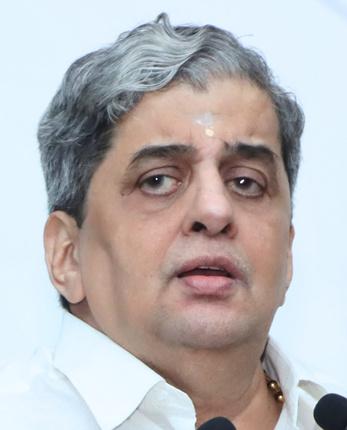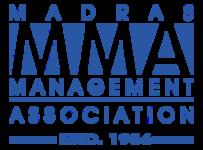
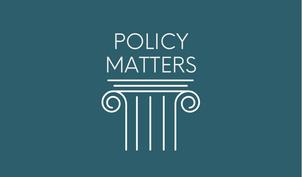

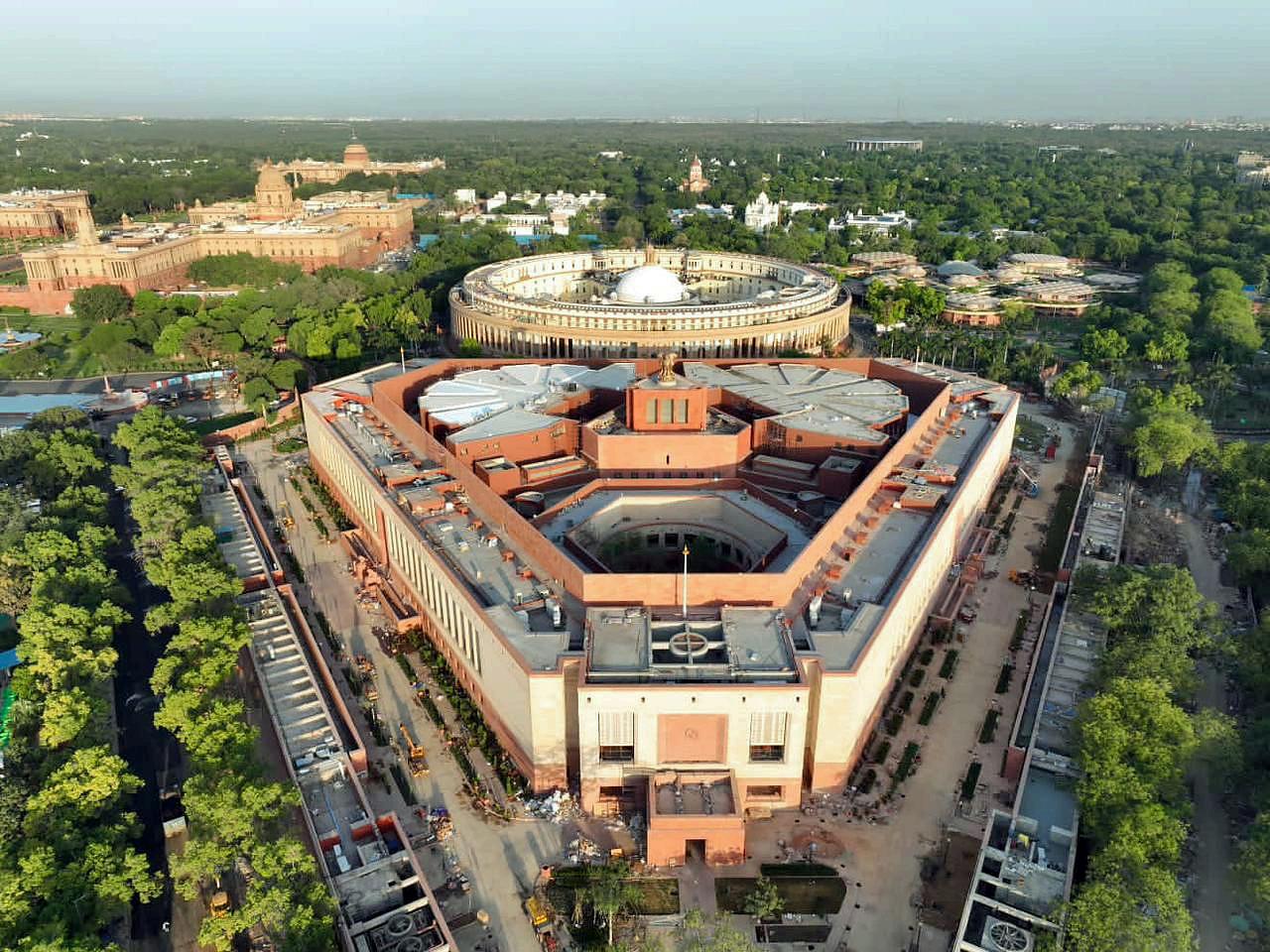
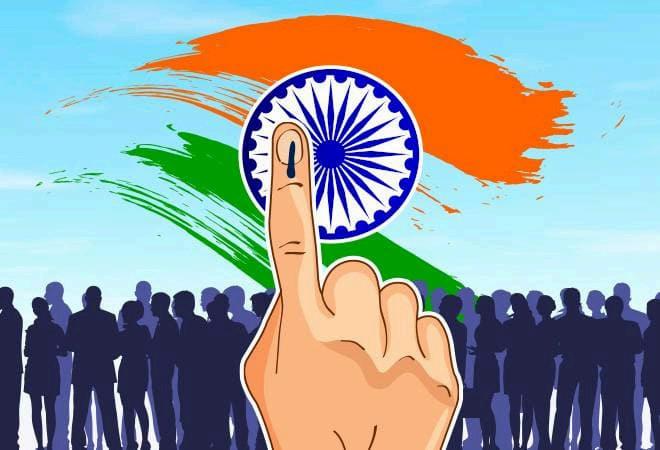
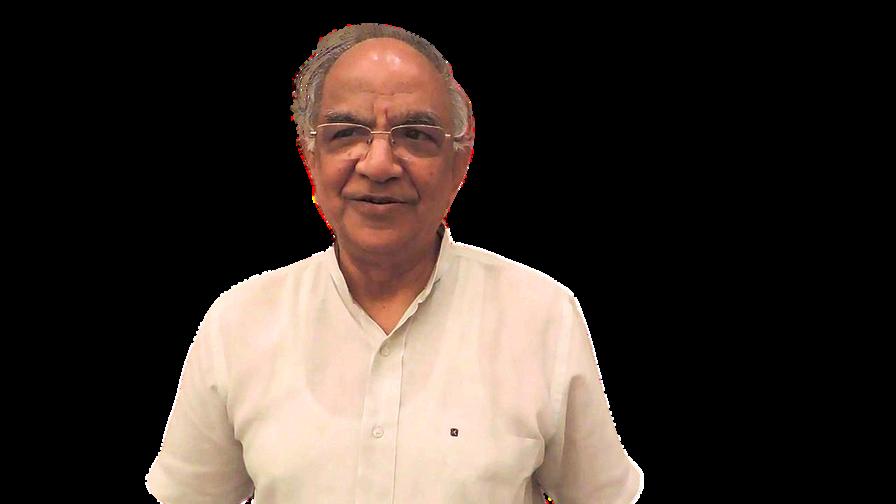
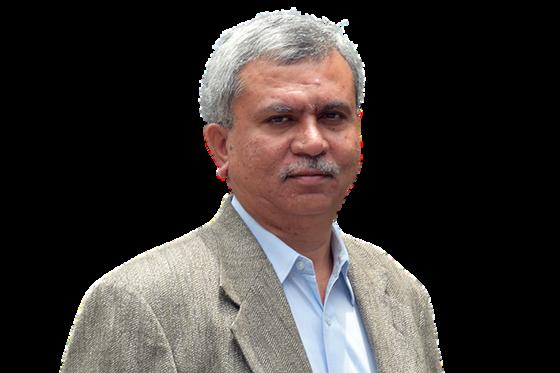
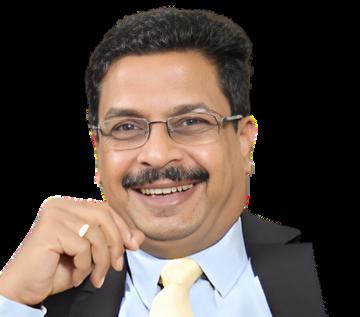

The President Ram Nath Kovind Committee Report on ‘One-NationOne-Vote’ may have added one more issue to be addressed while tackling Electoral Reforms. The Report itself has not caught the national attention it deserved owing to the media preoccupation with the intervening Lok Sabha elections, which is still on.
The Kovind Committee has come up with a host of proposals and possible alternatives But important questions pertaining to the desirability and feasibility of having all elections, from those to Parliament to the last panchayat, all at one-go, have been raised by many. Does it impede on the federalist state structure under the Constitution?
Existing Reforms
Then, there are the continuing questions about the current crop of poll reforms introduced by the Election Commission 30 years back and which has been improvised at every turn. While the Supreme Court decision that during the currency of polls, all Government employees attached to the process would be under the EC’s administrative control has produced salutary effects. So have the EC’s initiatives to curb money-power during elections.
But it has also cut down on campaign period and daily timings, with the result, Independent candidates especially have been denied a level-playing field, giving party leaders a disproportionately higher say in matters election, making their flags and symbols a greater role in the nation’s elections than intended and possibly desirable.
Is it all a bane or a boon? How to rectify it, if it is the former? How to understand it, if it is the latter?
5:15 PM Registration & High Tea
6:00 PM Welcome Address
Gp Capt R Vijayakumar (Retd), VSM
Executive Director, Madras Management Association
Opening Remarks
Mr N Sathiya Moorthy
Convenor, Policy Matters - Chennai
Address by the Speakers
Mr T S Krishnamurthy
Former Chief Election Commissioner of India
Prof. Trilochan Sastry
Former Dean, Indian Institute of Management, Bangalore & Chairman of the Association for Democratic Reforms
Dr. M. R Venkatesh
Advocate, Supreme Court of India
7:25 PM
Q & A
Concluding Remarks
Vote of Thanks
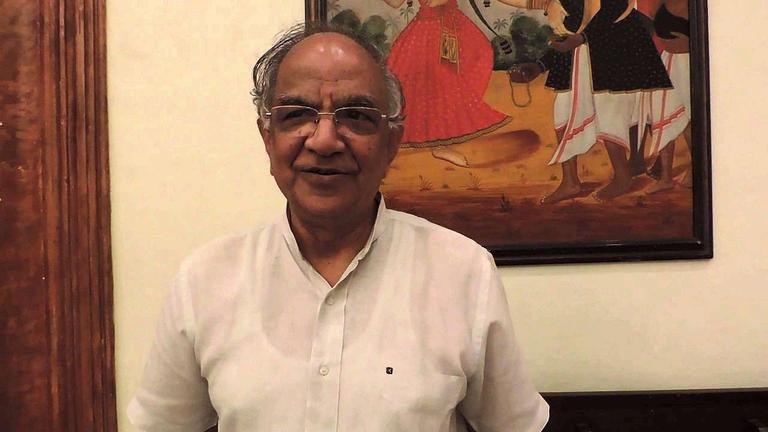 Mr T S Krishnamurthy
Former Chief Election Commissioner of India
Mr T S Krishnamurthy
Former Chief Election Commissioner of India
T S Krishnamurthy is a former Indian Revenue Service officer who served as 13th Chief Election Commissioner (C.E.C) of India. His main assignment as C.E.C was to oversee the 2004 elections to the Lok Sabha. He had earlier served in the Election Commission of India as a commissioner since January 2000
Krishnamurthy started his career as an Indian Revenue Service officer. He served the government at various levels including as Secretary, Department of Company Affairs. He was the first Indian Revenue Service officer to become a Secretary to the Government of India as well as the Chief Election Commissioner of India
As Secretary, Department of Company Affairs, he is credited with setting up of Investor Education and Protection Fund set up from unclaimed dividends of companies.
Krishnamurthy started his career as a probationary officer at the Bank of India (prior to nationalization) at the age of 19. He joined the Indian Revenue Service in the batch of 1963, subsequent to which he was posted as Income Tax Officer in Madras. Having served number of ministries in New Delhi including Shipping and Finance, he was deputed as a Deputy General Manager with the Hindustan Shipyard Limited in Visakhapatnam. One of the key jobs he has handled was that of Chief Commissioner of Income Tax in Bombay.
He also served as an IMF advisor in Ethiopia and Georgia. As Chief Election Commissioner he was an observer to the elections in Zimbabwe and the U.S Presidential Elections in 2004. In 2005, Krishnamurthy was appointed by the Supreme Court of India to conduct the elections to the Board of Control for Cricket in India (B.C.C.I) in order to ensure free and fair polls amidst the different factions within the BCCI.
Post his retirement, he is a board member of various companies and NGOs. He was the Chairman of Bharatiya Vidya Bhavan, Chennai Kendra. He is the author of the book Miracles of Democracy, published in 2008.
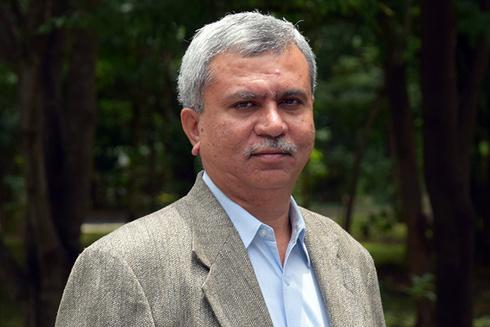
Prof. Trilochan Sastry
Former Dean, Indian Institute of Management, Bangalore & Chairman of the Association for Democratic Reforms
Prof. Trilochan Sastry was formerly the Dean (Academics) at Indian Institute of Management, Bangalore. He is also a political activist, Chairman of the Association for Democratic Reforms, and a frontline leader of the Right to Information campaign.
He obtained his bachelor's degree in Technology from IIT Delhi and a Post Graduate Diploma in Management from IIM Ahmedabad. Afterwards, he obtained his PhD from MIT, USA.
He is a faculty member in the Decision Sciences Area in IIMB. His interests and work, however, include supply chain and operations, as well as social entrepreneurship, rural development, and good governance. He was the Dean at IIMB from 2008 to 2011.
Professor Sastry has published in international journals related to Operations Research and on broader topics related to Supply Chain Management, Telecommunications, Software, Automobile Industry, and Social Entrepreneurship He has, to his credit, a number of management cases on Operations Management, Ethics, Change Management, and Electoral Reforms
He has been Visiting Professor or Scholar at the International University of Japan, Niigata, Japan; Hong Kong University of Science and Technology; MIT, Cambridge, Massachusetts, USA; and Associate Dean (Research) and Professor at the Indian School of Business.
He has consulted for various corporate, government, and international agencies on wide-ranging issues such as corporate strategy, restructuring of organizations, evaluation of large development programmes, cooperatives/producer companies, and governance. He also does pro-bono work for NGOs and the development sector.
His work for civil society has been recognized and he has received various awards including the CNN-IBN, NDTV, TOI Indian of the Year He has received Distinguished Alumni Award from IIT Delhi and also Outstanding Young Teacher Award from the Association for Indian Management Schools.

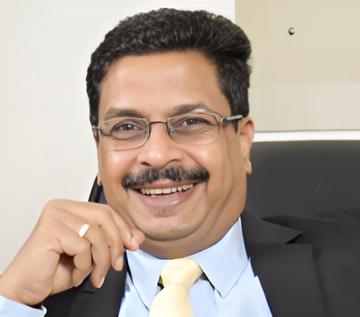 Dr M R Venkatesh Advocate, Supreme Court
Dr M R Venkatesh Advocate, Supreme Court
